

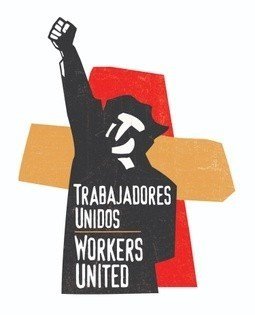
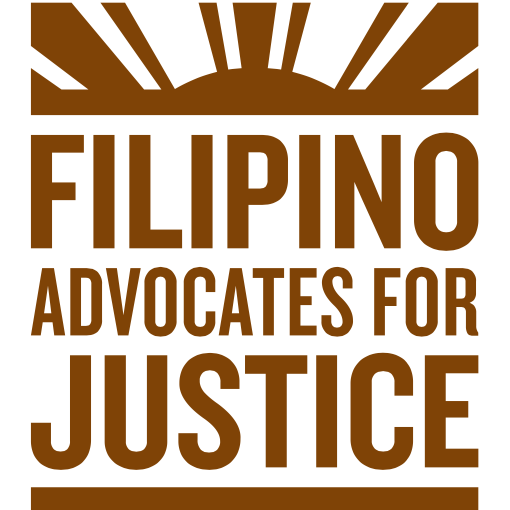
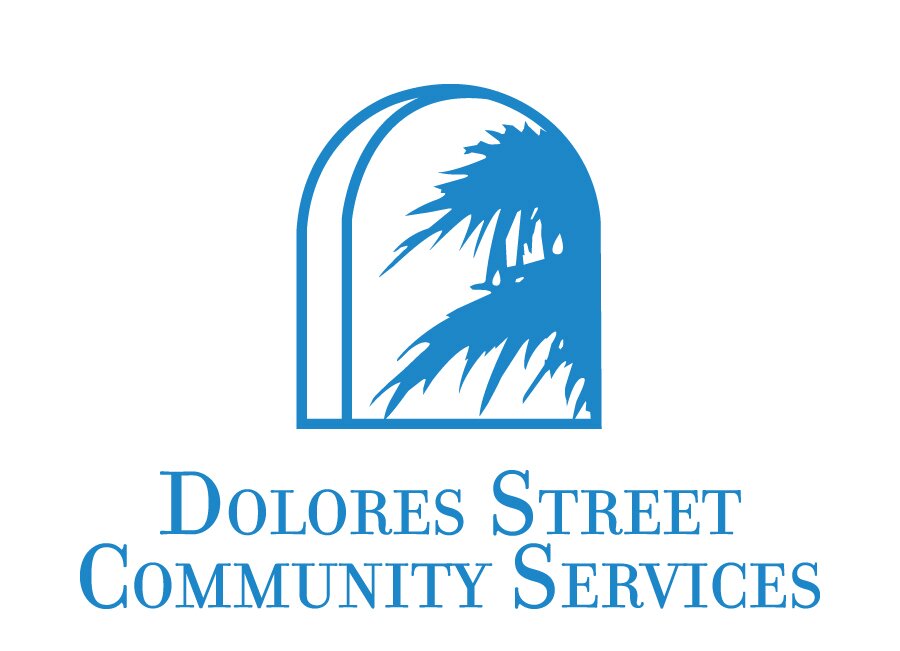

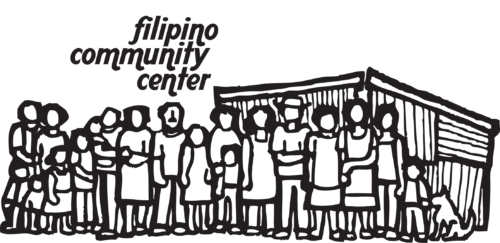
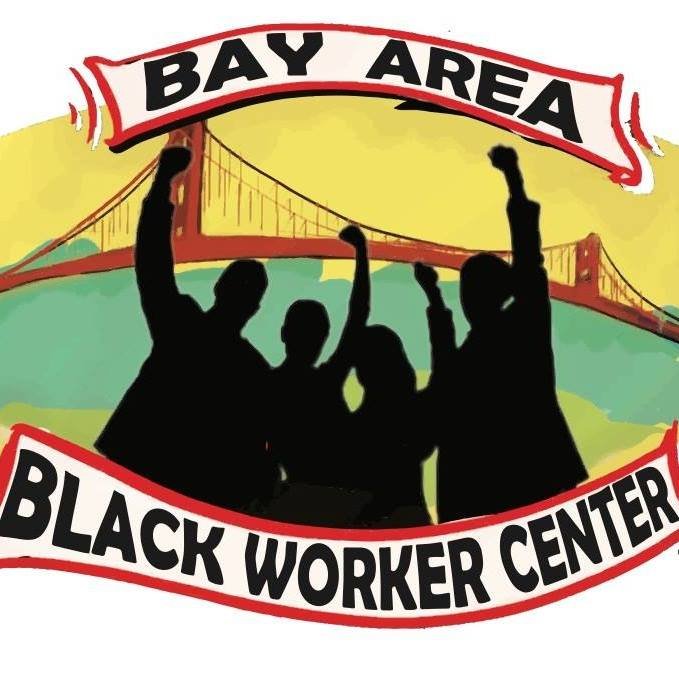

ABOUT
We are a coalition of seven worker centers representing immigrant working people and working people of color in the Bay Area. We surveyed over 1400 people working to make ends meet - earning less than $25 per hour - to find out how they have been impacted by the pandemic, and what they want in a good job. Survey respondents worked in restaurants, in-home patient care, house cleaning, janitorial work, construction, retail and more.
Out of this survey, essential workers created a four-point platform for a true economic recovery.
hERE’S THE FULL AGENDA.
We all work hard to take care of our families and communities,
no matter what we look like or what’s in our wallets. Sustaining our families is about more than survival; it’s also about having time to take a loved one to the doctor, trusting we’ll have a roof over our heads next month, and having the opportunity to move up in our careers.
But right now and throughout the COVID pandemic, corporations have made record profits,
while essential workers who kept the Bay Area running suffered the greatest impacts — and working people were already struggling. Meanwhile, the Bay Area has received hundreds of millions of dollars from the federal government for pandemic recovery. In fact, right now SF has its first budget surplus in 30 years. It’s urgent for our elected officials to bring a real recovery to the Bay Area that focuses on working people and creates high quality jobs instead of returning to a “normal” that never worked.
THE ONLY WAY WE WILL GET REAL RECOVERY FROM COVID,
stability in our communities, and real community safety is to make sure everyone can earn a good living, with good jobs that sustain our families.
We are a coalition of seven worker centers representing immigrant working people and working people of color in the Bay Area. We surveyed over 1400 people working to make ends meet - earning less than $25 per hour - to find out how they have been impacted by the pandemic, and what they want in a good job. Survey respondents worked in restaurants, in-home patient care, house cleaning, janitorial work, construction, retail and more.
Out of this survey, essential workers created a four-point platform for a true economic recovery.
As one of the nation's most prosperous regions recovers from the COVID-19 pandemic, essential workers in the Bay Area should have the following:
Thriving wages, with paid sick leave, paid time off, and flexibility to care for family members
Paying for a studio apartment in San Francisco takes 90% of the salary of someone working full-time at San Francisco’s minimum wage. But many working people of color in low-wage industries like domestic work don’t even receive the minimum wage, as bosses often pocket their earnings illegally.
In our survey, more than half of the respondents were NOT able to take paid sick leave, with 29% not knowing if they have paid sick leave or thinking they don’t, and 17% either being independent contractors or having more than one employer, therefore not accruing paid sick leave.
We need:
Strong enforcement of workers’ rights in high violation industries, with worker and community voice, accountability and oversight in San Francisco, Oakland and San Jose
Public funding decisions and bidding processes that prioritize quality job standards; no public funding or contracts to companies that violate workers’ rights
Flexible work arrangements to meet caregiving needs
A higher minimum wage of at least $26/hour so that families can thrive

2. A voice on the job and the right to organize, so that working people have a healthy and safe environment, without discrimination, harassment, or fear of retaliation
In our survey, 27% of working people said they were unlikely to report a violation of their legally protected workers’ rights to a government agency.
We need:
Better protection and support for working people facing retaliation, such as robust anti-retaliation policies, increased enforcement staffing, and a hardship fund for working people who experience retaliation
Expanded community-based outreach and labor enforcement partnerships for working people in high-risk industries at the local and state level
Just Cause employment to stabilize our workforce and to prevent workplace retaliation against under the guise of California’s “at will” employment
Expanded infrastructure for the voice of working people, such as Public Health Councils in L.A. County and the state’s Fast Food Sector Council
Expanded pathways to worker organizing, including passing the federal PRO Act
Fair processes free from employer interference for working people to unionize, such as the campaigns at HelloFresh in Richmond and Amy’s Kitchen in Petaluma, and for gig workers in California

3. Basic living standards like healthcare, unemployment insurance, childcare, family leave, and retirement security, regardless of job type, race, or immigration status
Three out of four working people told us that their bosses reduced their work hours or laid them off completely during the pandemic. As a result, workers struggled to pay for basic needs like utilities, housing, and childcare and support their families.
What’s more, for two out of three of our survey respondents, the barriers were too great for them to access unemployment insurance during the pandemic. Of those who were unable to access unemployment insurance, 64% struggled to pay for housing, 56% struggled to pay for utilities, 16% took on debt, and 16% struggled to pay medical expenses. Almost a third of working people who continued to be unemployed or underemployed throughout the pandemic cited the lack of childcare and other dependent care as a main reason.
We need:
Basic living standards through programs like unemployment insurance for all working people, regardless of immigration status
Childcare and dependent care for everyone who needs it
Expanded paid family leave for all working people, including contingent workers such as day laborers, domestic workers, and gig workers
Guaranteed healthcare for all
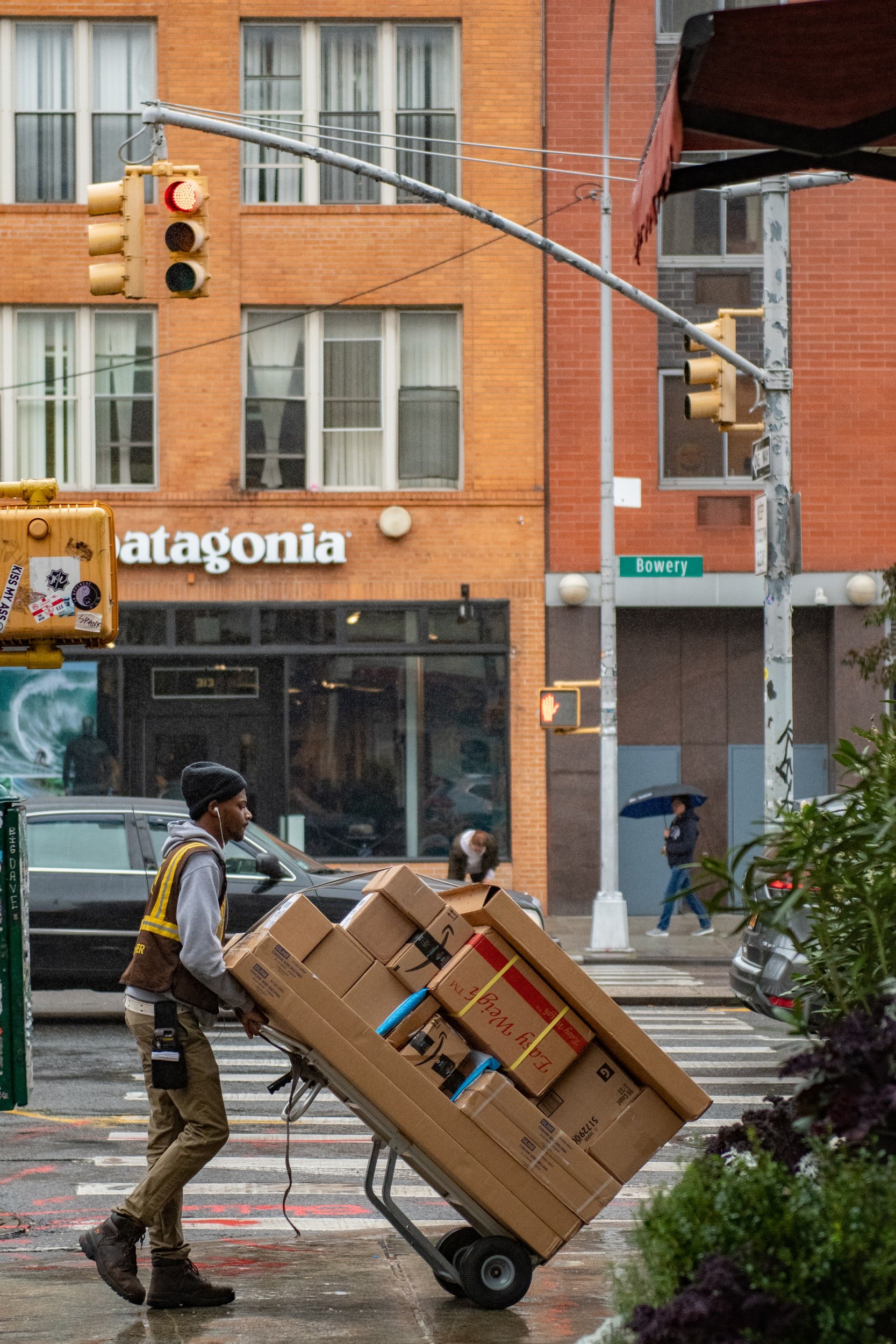
4. Real pathways to good jobs for all working people, no exceptions
In the Bay Area, Black, Latino, and Native people are more than twice as likely as white people to be in very low-income families, and half as likely to be in high-income families. Breaking down barriers to employment and better wages for everyone, no matter the color of our skin or our zip codes, could boost the Bay Area’s economy by more than 50 percent. In 2019 alone, employment and wage inequities cost the nine-county region’s economy an estimated $517 billion in unrealized GDP. In our survey, when discussing why some working people would not report violations at their workplace, many cited the lack of job opportunities and barriers to obtaining better jobs, including limited English language skills.
We need:
Paid “Earn and Learn” job trainings that:
prepare people to secure and excel in quality jobs that do good for people and planet, including care jobs, public sector jobs, and green jobs
prioritize working people of color, empower working people, and make it possible for all to attend through paid participation, General Education / English as a Second Language onramp trainings, childcare, and more
fully integrate workers’ rights education in the curriculum, in partnership with worker organizations
Prioritization of local hire and fair chance employment (i.e. Ban the Box) policies to ensure formerly incarcerated people can get good jobs without discrimination
Increase public funding and support of worker-owned co-ops as equity workforce development pilots for undocumented residents

IN THE SHORT TERM, local and state officials should:
Strengthen enforcement of wage and hours law, paid sick leave, and other rights for low-wage working people, by a) strategically enforcing workers’ rights in high violation industries such as domestic work, restaurant, day labor, or app work in San Francisco, starting with a conducting a comprehensive, multi-agency report and public hearing to assess enforcement in high-violation industries, b) adding enforcement staff at the Office of Equality Assurance (OEA) in San José, c) hiring a strong workers’ rights advocate for Workplace and Employment Standards (DWES) in Oakland, and d) increasing funding for local enforcement across the Bay
Increase resources for worker outreach and education, a) locally in San Francisco through Office of Labor Standards Enforcement (OLSE)’s contract with the Workers’ Rights Community Collaborative, b) in San José by creating a community-based outreach and education pilot at OEA, and c) statewide through efforts led by the California Coalition for Worker Power to allocate $100 million to expand the CA COVID-19 Workplace Outreach Project and include other labor-related laws and policies
Support working people facing retaliation by increasing funding to the Labor Commissioner’s Retaliation Complaint Investigation (RCI) Unit via California Coalition for Worker Power efforts
Pass AB 2847 to create an Excluded Workers Pilot Program that will provide essential monetary relief to undocumented working people who are out of work and excluded from traditional unemployment insurance programs
Increase funding for workforce development programming for high-quality thriving wage jobs (at least $26/hour), prioritizing working people historically excluded from workforce programs, with culturally & linguistically appropriate case management and comprehensive removal of barriers to participation (e.g. cost of living stipends, childcare, transportation) and integrated workers’ rights education, particularly in job sectors with greatest social impact, such as green jobs and care jobs, and public sector jobs
Raise job quality standards by supporting small businesses through public and private funding to improve working conditions and provide Know Your Rights trainings to working people; eliminate public contracting with or subsidizing of employers that engage in wage theft and other workers’ rights violations.
The bay area Essential Workers Agenda Coalition Endorses These Current Campaigns:
The Essential Workers Council’s campaign for $3-4 million to establish a workers’ rights co-enforcement program in San Jose, led by Working Partnerships USA (WPUSA)
North Bay Jobs with Justice’s "5 for Farmworkers in Fires" campaign, priorities developed by vineyard workers in Sonoma County who have been on the front lines of climate-change-fueled wildfires; these safety and respect priorities include language justice, disaster insurance, community safety observers, premium hazard pay, and clean bathrooms and water
Oakland United’s campaign for local hire and fair chance employment (i.e. Ban the Box) for the Oakland A’s Howard Terminal Ballpark proposal
We Drive Progress’s campaign to ensure that corporations employing gig workers pay workers for the time they spend cleaning their cars, enact transparency for gratuity pay, and ensure regular bathroom access for working people
Efforts to unionize workplaces like HelloFresh in Richmond, led by Unite Here Local 2850, and Amy’s Kitchen in Petaluma, led by the Teamsters
The campaigns to pass a Responsible Construction Ordinance in San José and neighboring cities to empower working people to collect on back wages owed to them, and pass the Residential Construction Wage Theft Prevention Ordinance in San Francisco
The Staff Up SF campaign to prioritize recruitment and retention for unfilled city job vacancies in San Jose and San Francisco, so that all neighborhoods and communities get the core city services they need, by recruiting and retaining working people from historically under-represented backgrounds who reflect the neighborhoods and communities they serve.
The campaign for Medicare for All (single-payer healthcare) in California, led by the California Nurses Association
The campaign to ensure airlines at San Francisco International Airport use responsible contractors that provide good full time jobs to contracted service workers, led by United Service Workers West
This list of endorsed campaigns is evolving and will be updated periodically.


